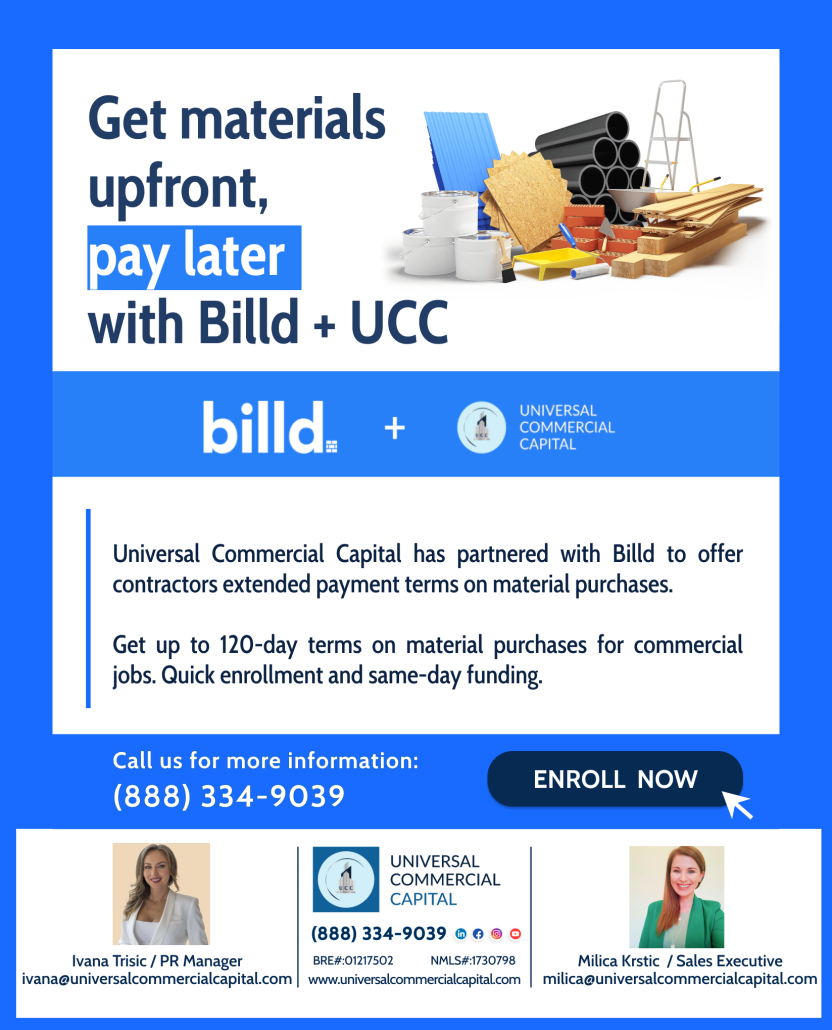Dear Realty411 Reader;
This year has been like something we’ve never seen, like a clip right out of “The Twilight Zone.”
We’re not even sure Stephen King could have made this story up, but here we are in the midst of a pandemic — and the crazy thing is, buying and selling houses is still HOT, HOT, HOT.
Take it from our friend Mentor, Alton Jones. He’s a 34-year LAPD Veteran, who when he grew tired of dodging bullets, turned to rehabbing homes in the CA area part-time… and is now running a multi-million-dollar business…finding, fixing and flipping houses.
In the past 10 years, he’s learned a lot of tough lessons and has become one of the nation’s leading experts flipping houses for a profit using his team to successfully rehab and sell hundreds of houses in this time.
 This coming September 18th – 20th, he’ll be conducting his Live, Virtual workshop where he’ll be teaching students:
This coming September 18th – 20th, he’ll be conducting his Live, Virtual workshop where he’ll be teaching students:
- How to Find the Good Deals You Keep Hearing About
- Ways to Purchase Properties Without Using Your Own Money or Credit
- How to Negotiate with Sellers
- What to Look for When Inspecting a Property
- How to Systematize and Automate the Rehabbing and Selling Process to Make It Faster, Easier and Safer
- How to Make A Scope of Work, Materials List and Schedule Like a Pro
- Where to Find the Best Contractors and Sub-Contractors
- How to Flip Houses with Your IRA
- How to Sell Your Houses FASTER Than Other Investors and For More Money
- ALL THIS AND MORE, CLICK HERE!
So, if you’ve always wanted to flip houses in the CA area, but were afraid to risk losing money OR if you’ve always wanted to FIRE your boss and have the freedom to work from anywhere, even on vacation, Alton’s the guy to show you.
As part of his curriculum, he’s incorporated his latest and hottest rehab strategy, modifying existing structures into ADUs (Accessory Dwelling Units). ADUs have become all the rage in CA in just the past 2 years. Think garage to In-law suite.
Alton will show you the many ways he’s been able to navigate the treacherous waters on the ADU permitting process which can affect your buying decisions and understanding the rules that can make you lots of money or can cost you tens of thousands of dollars.
If you’re in the market in the CA area, this is a must attend event! Set aside September 18th – 20th and join Alton from the comfort of your home for this event!
Registration is only $547 for the 3 days, and you can fill the room with all the family and friends you wish — get going and be creative, because that’s what it’s about in this business.
The virtual platform has limited “ticket” capacity, so register right NOW, so you won’t have to miss it!
To your success,
Linda Pliagas, Publisher
Realty411.com & REI Wealth












